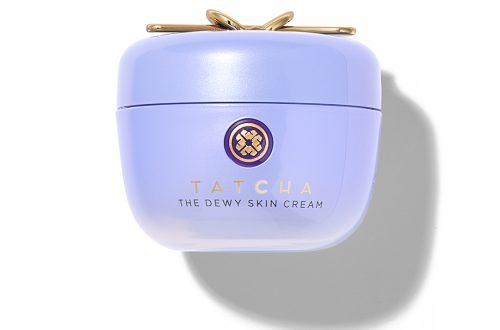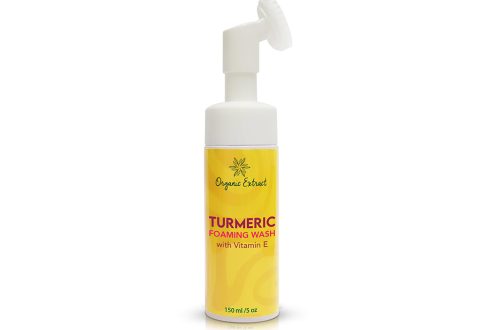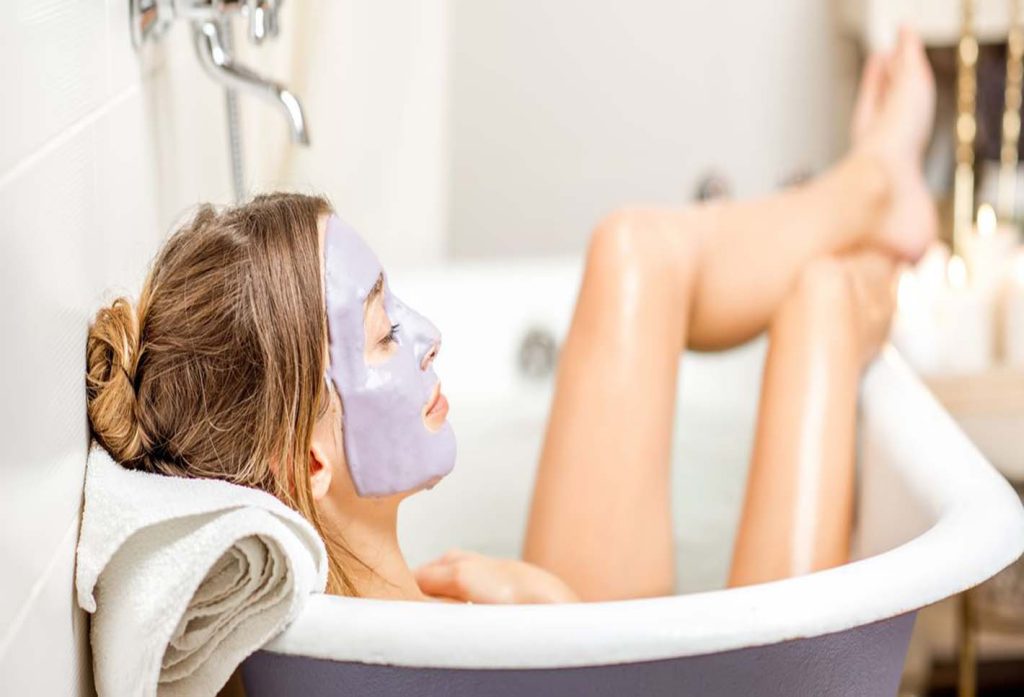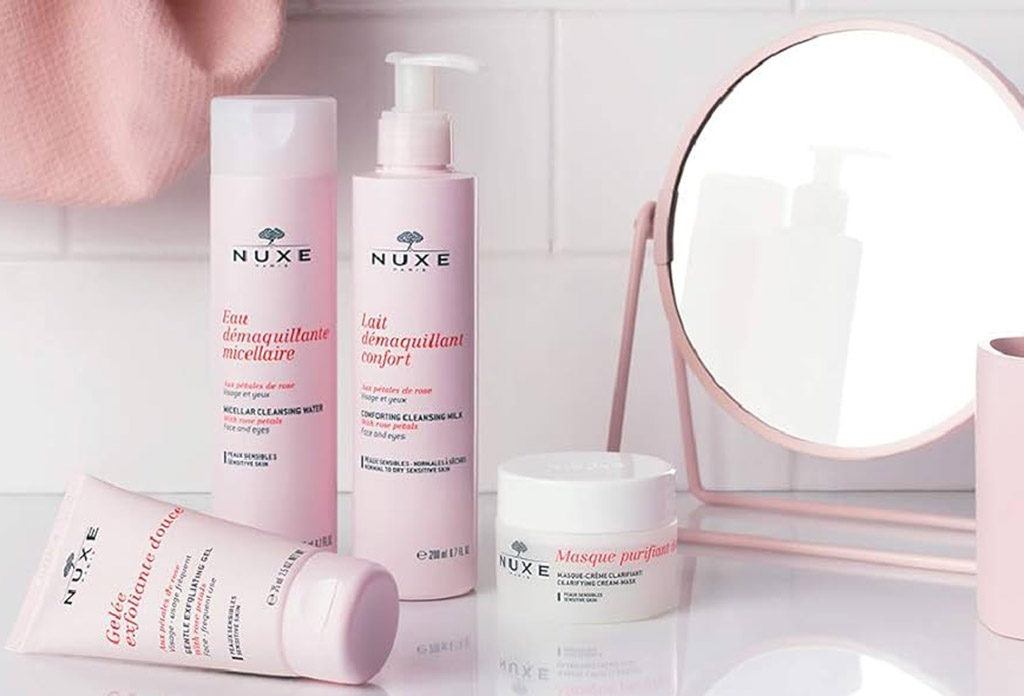
Choosing the Right Makeup Remover for Dehydrated Skin
For individuals with dehydrated skin, selecting an appropriate makeup remover is crucial to maintaining skin health and comfort. Dehydrated skin can feel tight, rough, and show fine lines, and using an unsuitable makeup remover can exacerbate these issues. In this comprehensive guide, we will explore how to identify dehydrated skin, differentiate it from dry skin, understand the causes of dehydration, and recommend effective makeup removers.
Identifying Dehydrated Skin
Recognizing the signs of dehydrated skin allows you to address the issue with the right products and practices:
Tightness and Dryness:
- Feel and Appearance: Dehydrated skin often feels tight, itchy, and rough. Despite using moisturizers, you might still experience a sensation of tightness, particularly after cleansing. This is a result of the skin lacking sufficient water content.
- Fine Lines and Wrinkles: As dehydration affects the skin’s ability to retain moisture, fine lines and wrinkles become more pronounced. The skin loses its elasticity and youthful plumpness, making these signs of aging more visible.
Dull and Tired-Looking Skin:
- Lack of Radiance: Dehydrated skin may appear dull, grayish, or ashy due to the lack of moisture that contributes to a healthy, radiant complexion. The skin’s natural glow diminishes, giving it a lifeless appearance.
- Uneven Texture: You might observe an uneven skin texture with patches of dryness or roughness. These patches can disrupt the smooth appearance of the skin and make it look less even.
Peeling or Flaking:
- Visible Dry Patches: Dehydrated skin often shows visible signs of peeling or flaking, particularly around areas like the cheeks or forehead. This can be more noticeable if you wear makeup, which can highlight dry patches.
- Irritation: Flaky patches can become irritated and sensitive, making the skin more susceptible to redness and discomfort.
Skin Type Consideration:
- Impact on Any Skin Type: It’s important to note that dehydrated skin can occur in any skin type, including oily and combination skin. For instance, an oily skin type can still experience dehydration, leading to a paradox where the skin feels oily yet lacks sufficient moisture.
Dehydrated Skin vs. Dry Skin: Understanding the Differences
Distinguishing between dry and dehydrated skin helps in selecting appropriate skincare products:
Dry Skin:
- Lack of Natural Oils: Dry skin lacks sebum, the natural oils produced by the skin. This results in a rough, scaly texture with potential redness and sensitivity. Dry skin can benefit from richer, oil-based moisturizers to replenish its natural oils.
- Visible Symptoms: Typically, dry skin appears flaky and may have patches of irritation. It is often associated with a lack of flexibility and a feeling of tightness throughout the day.
Dehydrated Skin:
- Lack of Water: Dehydrated skin is characterized by insufficient water content rather than oil. It may feel tight and show fine lines more prominently. This condition affects the skin’s ability to retain moisture and maintain hydration levels.
- Texture and Appearance: Dehydrated skin appears dull and may lack the supple, plump quality typical of well-hydrated skin. It can feel uncomfortable, especially in fluctuating climates or after using harsh skincare products.
Causes of Skin Dehydration
Understanding the causes of skin dehydration can help in selecting appropriate treatments and preventative measures:
Compromised Skin Barrier:
- Lipids Breakdown: The skin barrier, comprised of lipids, prevents excessive water loss. Damage to this barrier due to environmental stress or harsh products leads to increased transepidermal water loss (TEWL), resulting in dehydration.
- Environmental Impact: Exposure to extreme temperatures, such as cold wind or dry indoor heating, can weaken the skin barrier and accelerate moisture loss.
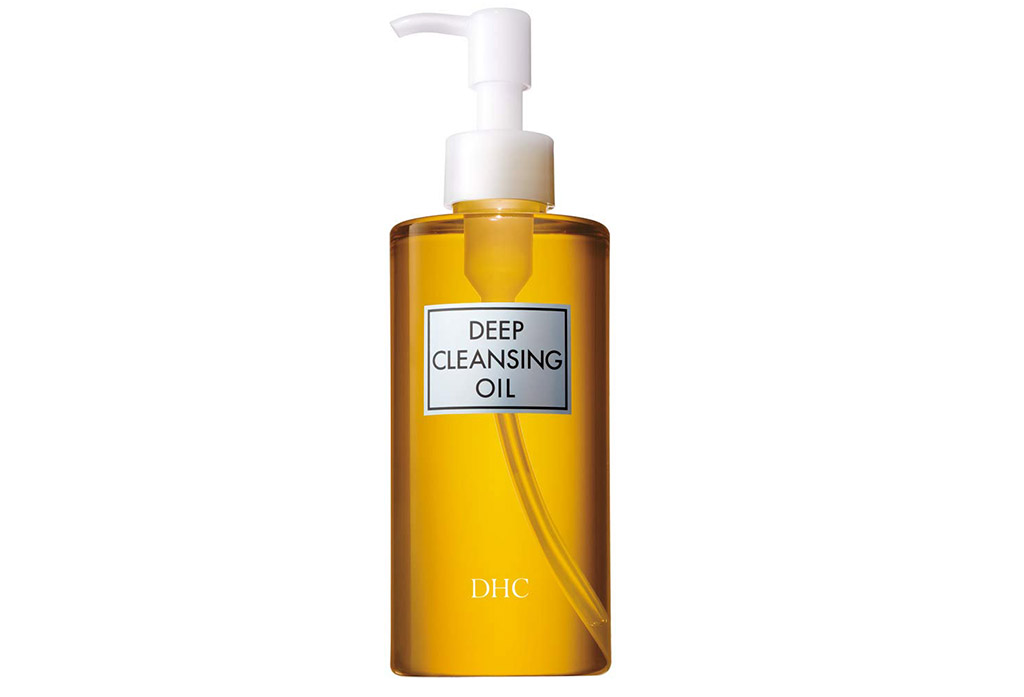
Use of Harsh Products:
- Aggressive Cleansers: Cleansers with high alcohol content or strong surfactants can strip the skin of its natural oils, disrupting the moisture balance. This can lead to dryness and exacerbate dehydration.
- Inappropriate Skincare: Using products that are too abrasive or not suited to your skin type can further compromise the skin’s hydration levels.
Climate and Weather:
- Seasonal Changes: Cold and dry weather conditions reduce ambient humidity, causing the skin to lose moisture more quickly. Similarly, prolonged sun exposure can dehydrate the skin and damage its protective barrier.
- Indoor Heating: Central heating systems can reduce indoor humidity levels, leading to increased moisture loss from the skin.
Lifestyle Factors:
- Diet and Hydration: An inadequate intake of water and essential nutrients can affect skin hydration. Consuming a balanced diet with sufficient hydration is crucial for maintaining skin health.
- Stress and Sleep: Chronic stress and lack of sleep can affect the skin’s hydration levels, leading to a dull and tired appearance.
Importance of Choosing the Right Makeup Remover
A proper makeup remover is vital for maintaining skin hydration and health:
Avoiding Irritation:
- Gentle Formulas: Opt for makeup removers that are free from alcohol, fragrances, or other irritants that can strip the skin of its moisture. Look for formulations designed to soothe and hydrate sensitive skin.
- Preserving Skin Balance: Using a gentle remover helps maintain the skin’s natural moisture balance, reducing the risk of further dehydration and irritation.
Hydration While Cleansing:
- Hydrating Ingredients: Choose removers with ingredients that help retain moisture. Products with hyaluronic acid, glycerin, or nourishing oils provide hydration while effectively cleansing the skin.
- Effective Makeup Removal: Ensure the remover effectively removes makeup and impurities without requiring excessive rubbing or additional products, which can further irritate the skin.
Recommended Makeup Removers for Dehydrated Skin
Here are some top recommendations for makeup removers specifically designed for dehydrated skin, along with their benefits:
Nuxe Gentle Cleansing Cream:
- Features: Enriched with sweet almond oil and glycerin, this cream offers a luxurious and hydrating cleansing experience. It effectively removes makeup while nourishing the skin.
- Personal Experience: The cream is exceptionally gentle and leaves the skin feeling clean yet hydrated. It’s perfect for avoiding the greasy residue that some other removers might leave behind.
DHC Deep Cleansing Oil:
- Features: Formulated with olive oil and vitamin E, this oil helps to dissolve makeup and impurities while providing deep nourishment. It’s ideal for maintaining skin hydration.
- Personal Experience: This oil is highly effective at removing even waterproof makeup. It cleanses thoroughly without leaving the skin feeling stripped or dry.
Bioderma Créaline H2O Micellar Water:
- Features: This micellar water uses micelles to gently attract and lift away makeup and impurities while hydrating the skin. It is renowned for its mildness and effectiveness.
- Personal Experience: This micellar water is extremely gentle and suitable for sensitive skin. It effectively removes makeup without causing dryness or irritation.
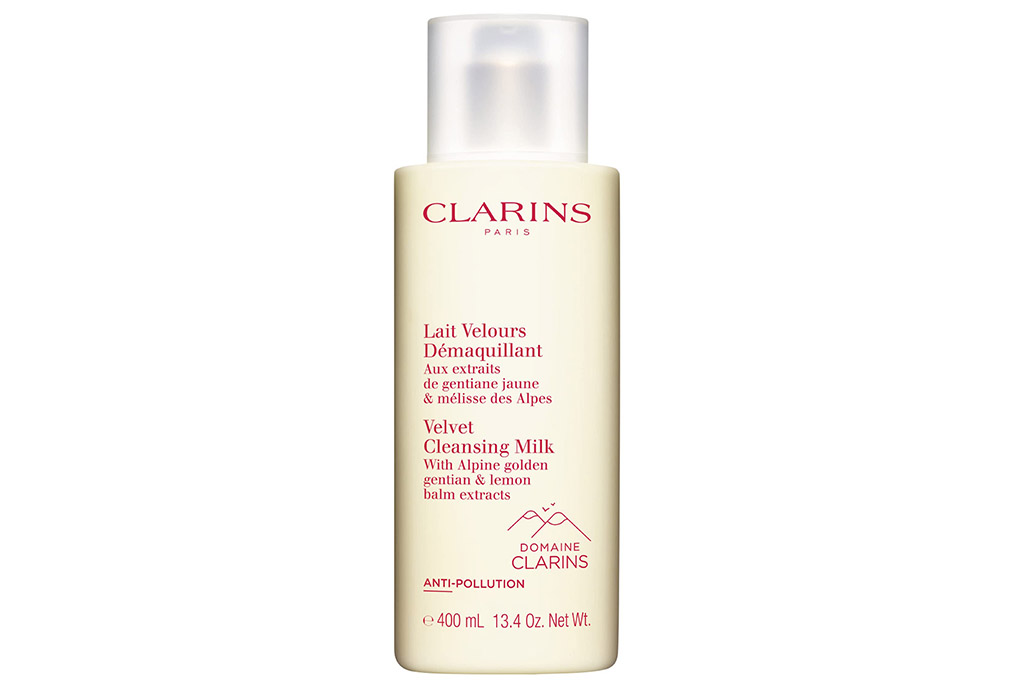
Clarins Comfort Cleansing Milk:
- Features: Contains mango extract and aloe vera to hydrate and soothe the skin. This milk cleanser is designed to be both effective and gentle, perfect for dehydrated skin.
- Personal Experience: The milk has a rich, creamy texture that feels soothing on the skin. It cleanses thoroughly while keeping the skin soft and well-hydrated.


